Where Can I Purchase A Telescope?
When it comes to purchasing a telescope, the options are vast and varied, catering to different needs, preferences, and budgets. Whether you are a beginner stargazer or an experienced astronomer, finding the right place to buy a telescope can significantly impact your stargazing experience. In this article, we will explore the various avenues where you can purchase a telescope, providing insights into the advantages and disadvantages of each option. By the end of this article, you should have a clear understanding of where to look for your next telescope purchase.
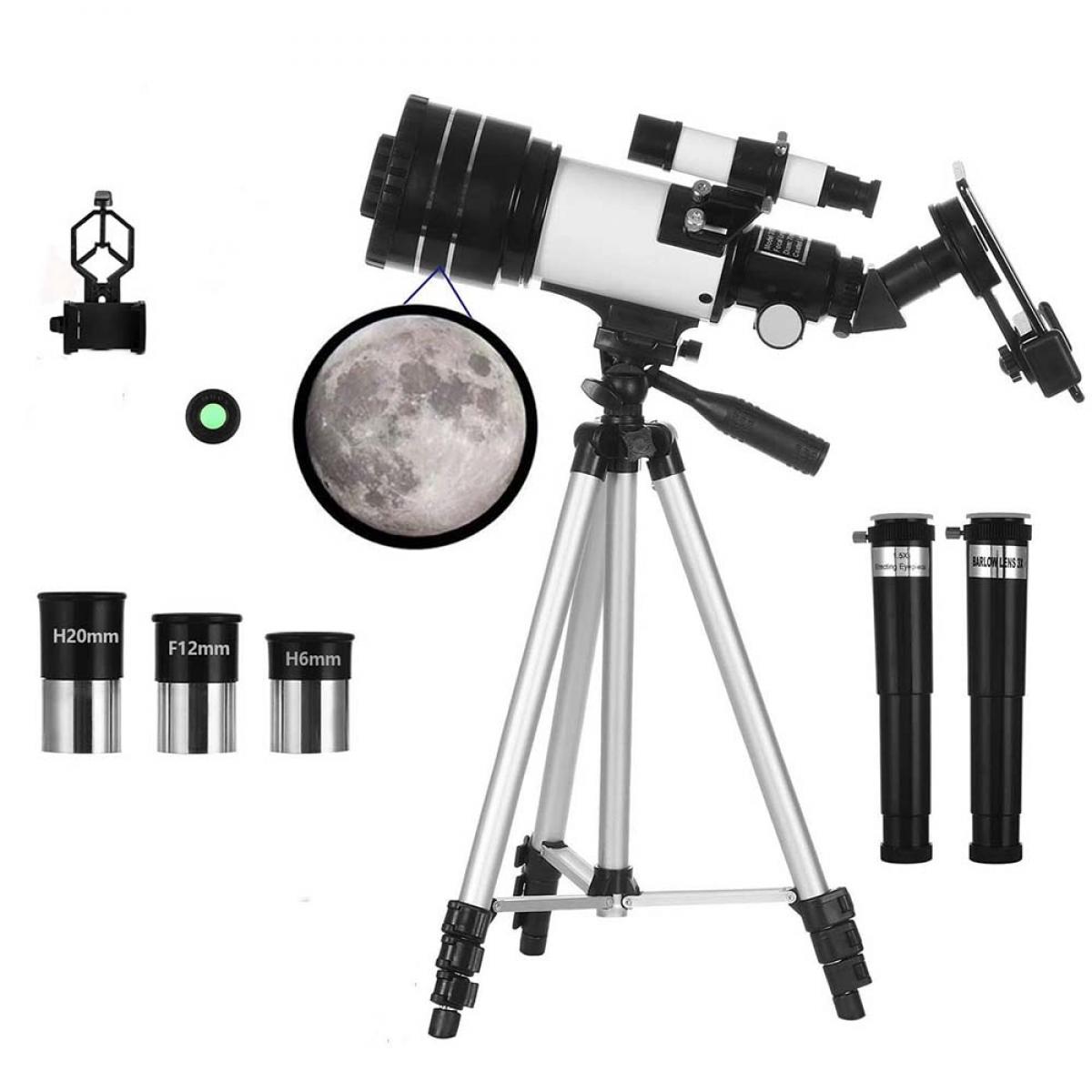
1. Specialty Astronomy Stores
Specialty astronomy stores are dedicated to selling telescopes and related accessories. These stores often have knowledgeable staff who can provide expert advice and recommendations based on your specific needs and experience level.
Advantages:
- Expert Guidance: Staff are usually well-versed in astronomy and can offer valuable insights.
- Wide Selection: These stores often carry a broad range of telescopes, from beginner models to advanced equipment.
- Hands-On Experience: You can physically inspect and sometimes test the telescopes before purchasing.
Disadvantages:
- Higher Prices: Specialty stores may have higher prices compared to online retailers.
- Limited Locations: These stores may not be available in all areas, requiring travel to visit one.
2. Online Retailers
Online retailers like Amazon, eBay, and dedicated telescope websites offer a vast selection of telescopes. Shopping online provides convenience and often competitive pricing.
Advantages:
- Convenience: You can shop from the comfort of your home and have the telescope delivered to your doorstep.
- Customer Reviews: Online platforms often feature customer reviews, which can help you make an informed decision.
- Competitive Pricing: Online retailers frequently offer discounts and deals.
Disadvantages:
- No Hands-On Experience: You cannot physically inspect the telescope before purchasing.
- Shipping Concerns: There is a risk of damage during shipping, and returning a large item like a telescope can be cumbersome.
- Variable Quality: The quality of products can vary, and it may be challenging to verify the authenticity of some sellers.
3. Big-Box Retailers
Stores like Walmart, Target, and Costco also sell telescopes, particularly during the holiday season. These retailers offer a range of beginner to intermediate telescopes.
Advantages:
- Accessibility: These stores are widely available and often have extended hours.
- Competitive Pricing: Big-box retailers often offer competitive prices and seasonal discounts.
- Return Policies: They typically have generous return policies, making it easier to return or exchange a product.
Disadvantages:
- Limited Selection: The range of telescopes available may be limited compared to specialty stores or online retailers.
- Lack of Expertise: Staff may not have specialized knowledge about telescopes, making it harder to get expert advice.
4. Local Astronomy Clubs and Societies
Local astronomy clubs and societies can be a valuable resource for purchasing a telescope. Members often have telescopes for sale or can recommend trusted sellers.
Advantages:
- Community Support: You can get advice and support from experienced astronomers.
- Used Equipment: Clubs often have members selling used telescopes, which can be a cost-effective option.
- Events and Workshops: Clubs may host events where you can try out different telescopes before buying.
Disadvantages:
- Availability: The availability of telescopes for sale may be limited.
- Condition of Used Equipment: When buying used, the condition of the telescope can vary, and there may be no warranty.
5. Science and Nature Stores
Stores that specialize in science and nature products, such as National Geographic stores, often carry telescopes. These stores cater to educational and hobbyist markets.
Advantages:
- Educational Focus: These stores often provide educational resources and materials.
- Quality Products: They tend to carry reputable brands known for quality.
- In-Store Demonstrations: Some stores offer demonstrations or workshops.
Disadvantages:
- Higher Prices: Prices may be higher due to the educational focus and brand reputation.
- Limited Selection: The range of telescopes may be narrower compared to specialty stores or online retailers.
6. Second-Hand Marketplaces
Platforms like Craigslist, Facebook Marketplace, and local classifieds can be good places to find used telescopes at a lower cost.
Advantages:
- Cost-Effective: You can find good deals on used telescopes.
- Local Transactions: Buying locally allows you to inspect the telescope before purchasing.
Disadvantages:
- No Warranty: Used telescopes typically do not come with a warranty.
- Variable Condition: The condition of used telescopes can vary widely.
- Limited Recourse: If there are issues with the telescope, recourse options are limited.
Purchasing a telescope is an exciting step towards exploring the night sky, and choosing the right place to buy one is crucial. Each purchasing avenue has its own set of advantages and disadvantages, and the best option for you will depend on your specific needs, budget, and level of experience.
For those seeking expert advice and a wide selection, specialty astronomy stores are an excellent choice. Online retailers offer convenience and competitive pricing, while big-box retailers provide accessibility and generous return policies. Local astronomy clubs and societies offer community support and the possibility of finding used equipment, whereas science and nature stores focus on educational resources and quality products. Finally, second-hand marketplaces can be a cost-effective option for those willing to take the risk on used equipment.
By considering these options and weighing the pros and cons, you can make an informed decision and find the perfect telescope to start or continue your stargazing journey. Happy observing!


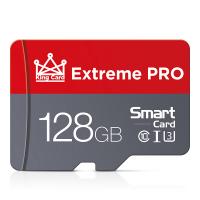

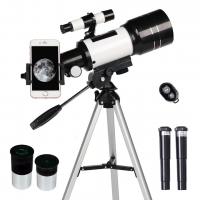
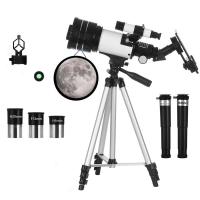
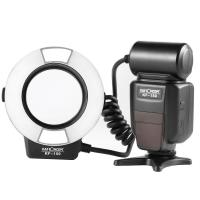
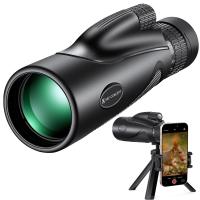
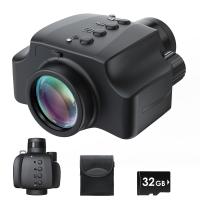
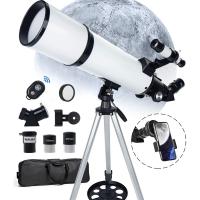
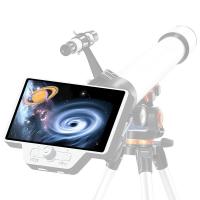
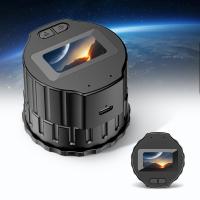
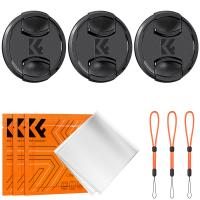

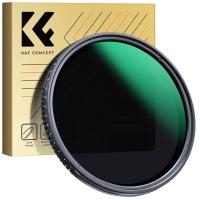
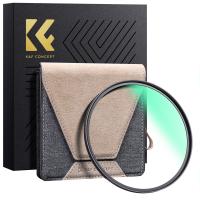

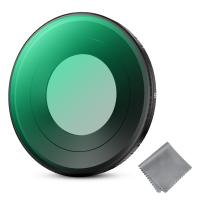
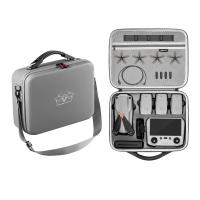
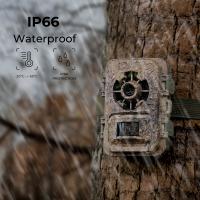
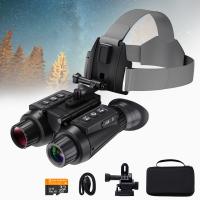
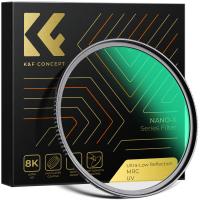


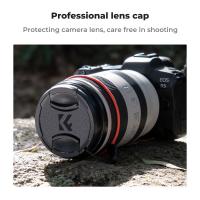
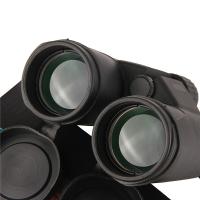
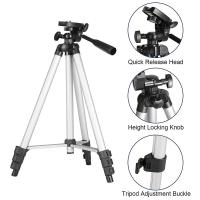
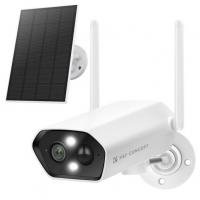
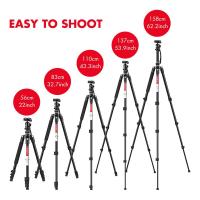
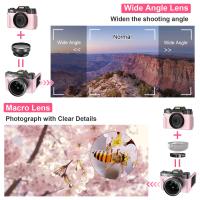
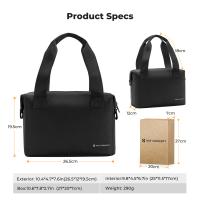
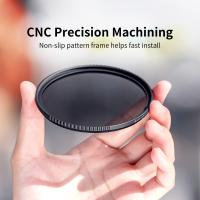

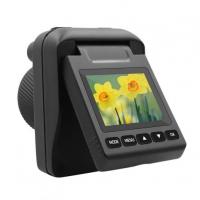

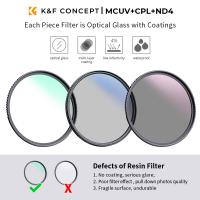





There are no comments for this blog.